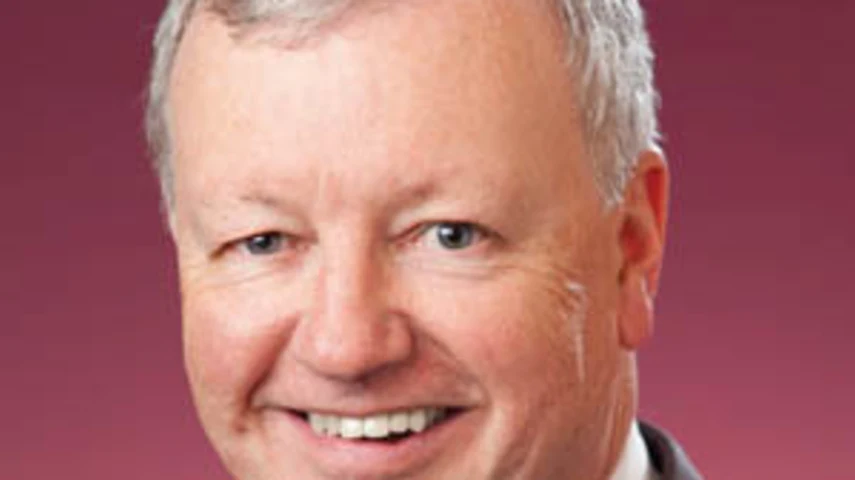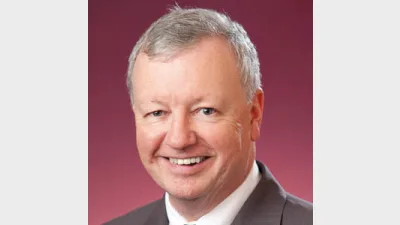Super tax regime works says Rice



The existing tax regime around superannuation works and does not warrant significant change, according to the chief executive of leading actuarial firm, Rice Warner, Michael Rice.
In an analysis published by the consultancy this week, Rice claims that the fundamental issue missing in recent debate over the concessional tax treatment of superannuation is simply that the current system works, albeit that some simple enhancements would improve it.
“But a wholesale restructuring of the taxation of super, aimed at creating more equitable and adequate retirement outcomes, would deliver little additional benefit,” he said.
Rice said that his firm supported upholding current taxation concessions, along with some further policy enhancements such as allowing concessional caps for couples at 150 per cent of the single person’s cap (even if one partner is not working) and limiting non-concessional contributions to no more than concessional ones.
“Put simply, tax concessions work,” his analysis said. “It provides compulsion for employers to contribute for their employees and stimulate incentives for voluntary contributions.”
Rice said that as the May 2014 Federal Budget had shown, the cost of looking after retirees in Australia was the nation’s largest expense at $40 billion a year.
“This figure is projected to increase significantly to $50 billion in 2018. In addition, as the baby-boomer generation moves through retirement, we can expect health costs and aged care costs to grow rapidly. But these costs are the result of inadequate savings by previous generations,” he said. “We simply need to enable working age Australians to build reasonable superannuation in order to help reduce their own costs in future.”
Recommended for you
The central bank has announced the official cash rate decision for its November monetary policy meeting.
Australia’s maturing superannuation system delivers higher balances, fewer duplicate accounts and growing female asset share, but gaps and adequacy challenges remain.
Global volatility and offshore exposure have driven super funds to build US-dollar liquidity buffers, a new BNY paper has found.
Less than two in five Australians are confident they will have sufficient assets to retire and almost three-quarters admit they need to pay greater attention to their balance, according to ART research.









